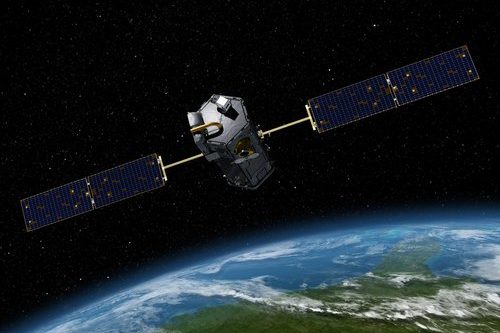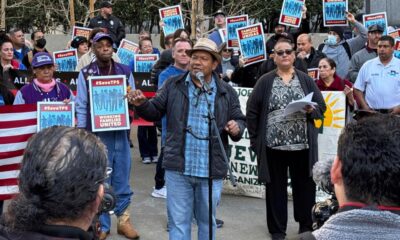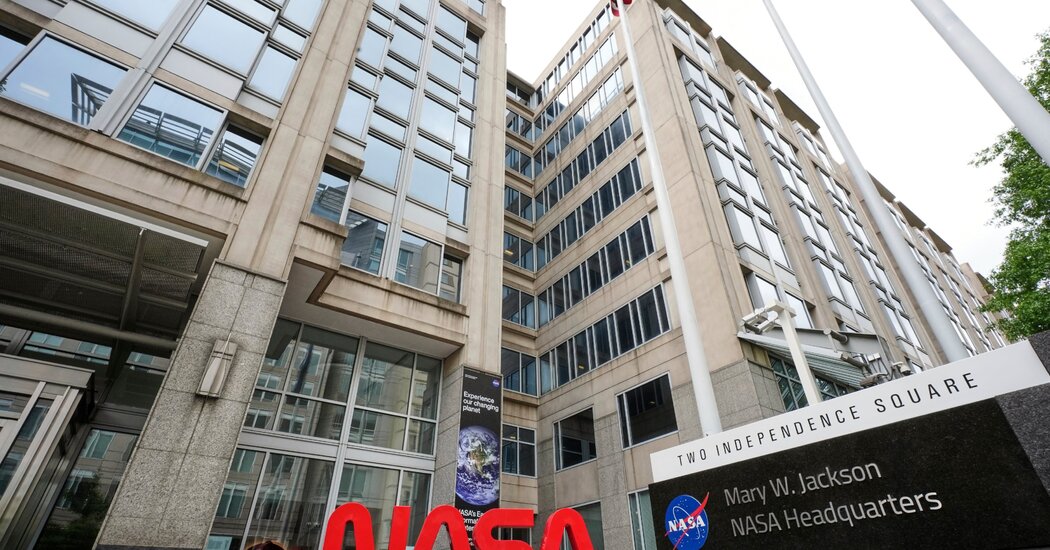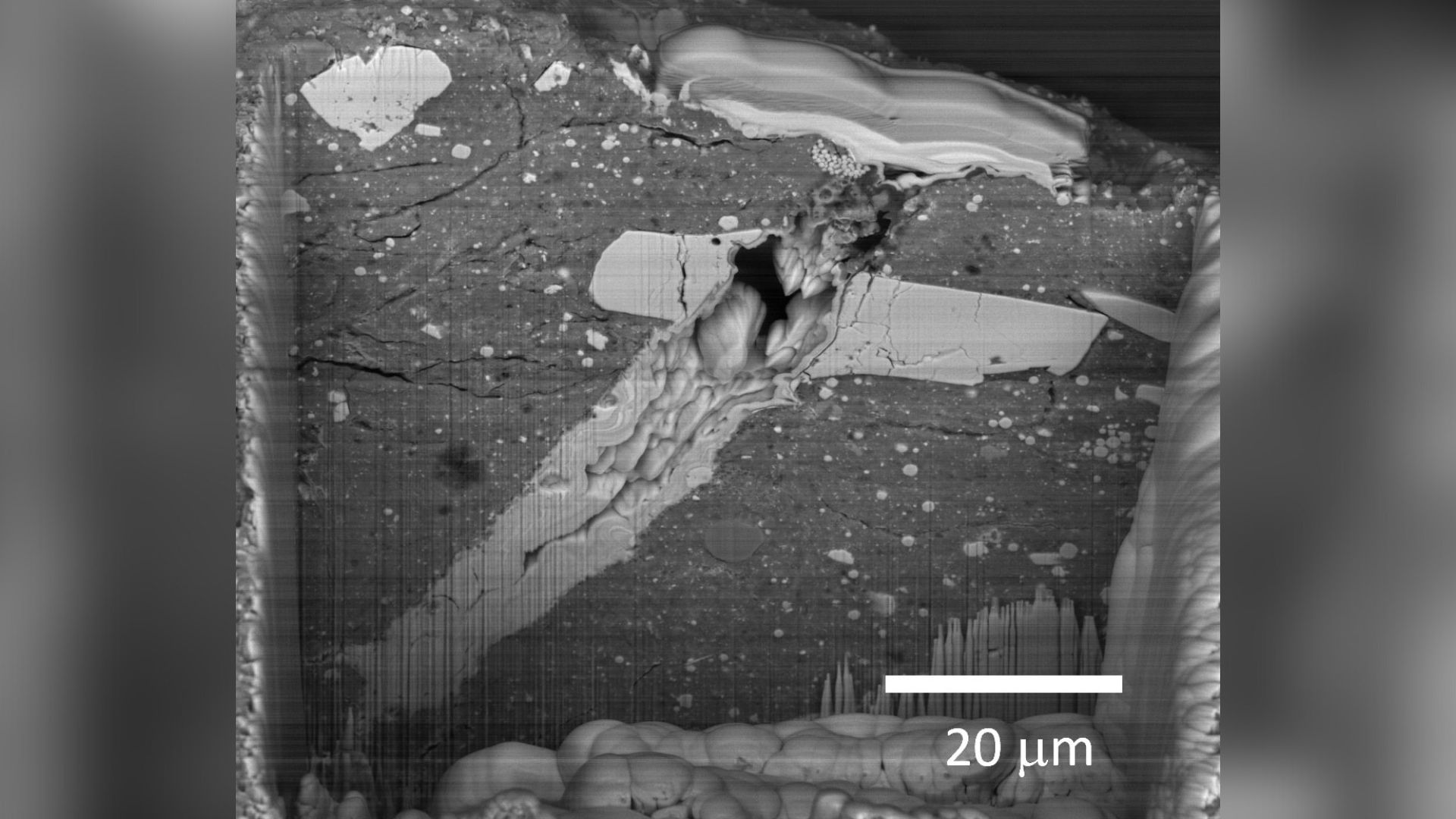NASA
Trump moves to end NASA missions measuring carbon dioxide and plant health

# Trump Administration Targets NASA Climate Data Programs
What’s Happening?
In a controversial move, the Trump administration aims to end two vital NASA missions that track carbon dioxide levels and vegetation health, drawing criticism from scientists and environmentalists alike. The potential shutdown threatens to disrupt crucial data flows that inform climate research, policy decisions, and agricultural practices. The decision underscores the ongoing tension between environmental priorities and administrative agendas.
Where Is It Happening?
The decision impacts NASA’s global monitoring programs, affecting researchers, policymakers, and farmers worldwide who rely on this data for climate modeling, environmental policies, and agricultural planning.
When Did It Take Place?
The move is outlined in President Donald Trump’s recent budget proposal, signaling a significant shift in environmental monitoring priorities.
How Is It Unfolding?
– The administration proposes ending the OCO-3 mission, which tracks atmospheric carbon dioxide.
– The ECOSTRESS mission, monitoring plant health, is also on the chopping block.
– Scientists warn of a data gap that could hinder climate change research and policy-making.
– Farmers may lose critical insights into crop health and water use efficiency.
Quick Breakdown
– **OCO-3 Mission**: Tracks global carbon dioxide levels to understand climate change impacts.
– **ECOSTRESS Mission**: Monitors plant health and water use, aiding agricultural decisions.
– **Potential Impact**: Loss of real-time data could slow climate research and farmers’ decision-making.
– **Policy Implications**: Data from these missions inform environmental policies and global agreements.
Key Takeaways
The Trump administration’s decision to end these NASA missions highlights a broader debate over environmental priorities. By cutting funding for critical climate and agricultural data programs, the administration risks leaving scientists and farmers without essential tools to combat climate change and improve agricultural efficiency. The move could have long-term consequences for both global climate research and food security. It’s a classic case of short-term budget cuts potentially leading to long-term environmental and economic vulnerabilities.
Cutting these missions is akin to removing a lifeline for climate scientists and farmers. The data they provide is irreplaceable.
– Dr. Emily Carter, Climate Scientist
Final Thought
**The Trump administration’s proposal to end NASA’s carbon dioxide and plant health monitoring missions raises serious concerns about the future of climate research and agricultural sustainability. These programs are not just about data; they are about our ability to understand and adapt to a changing planet. The potential consequences of this decision could be far-reaching, affecting everything from global climate policies to local farming practices. It’s a stark reminder of the delicate balance between fiscal responsibility and environmental stewardship.**





















